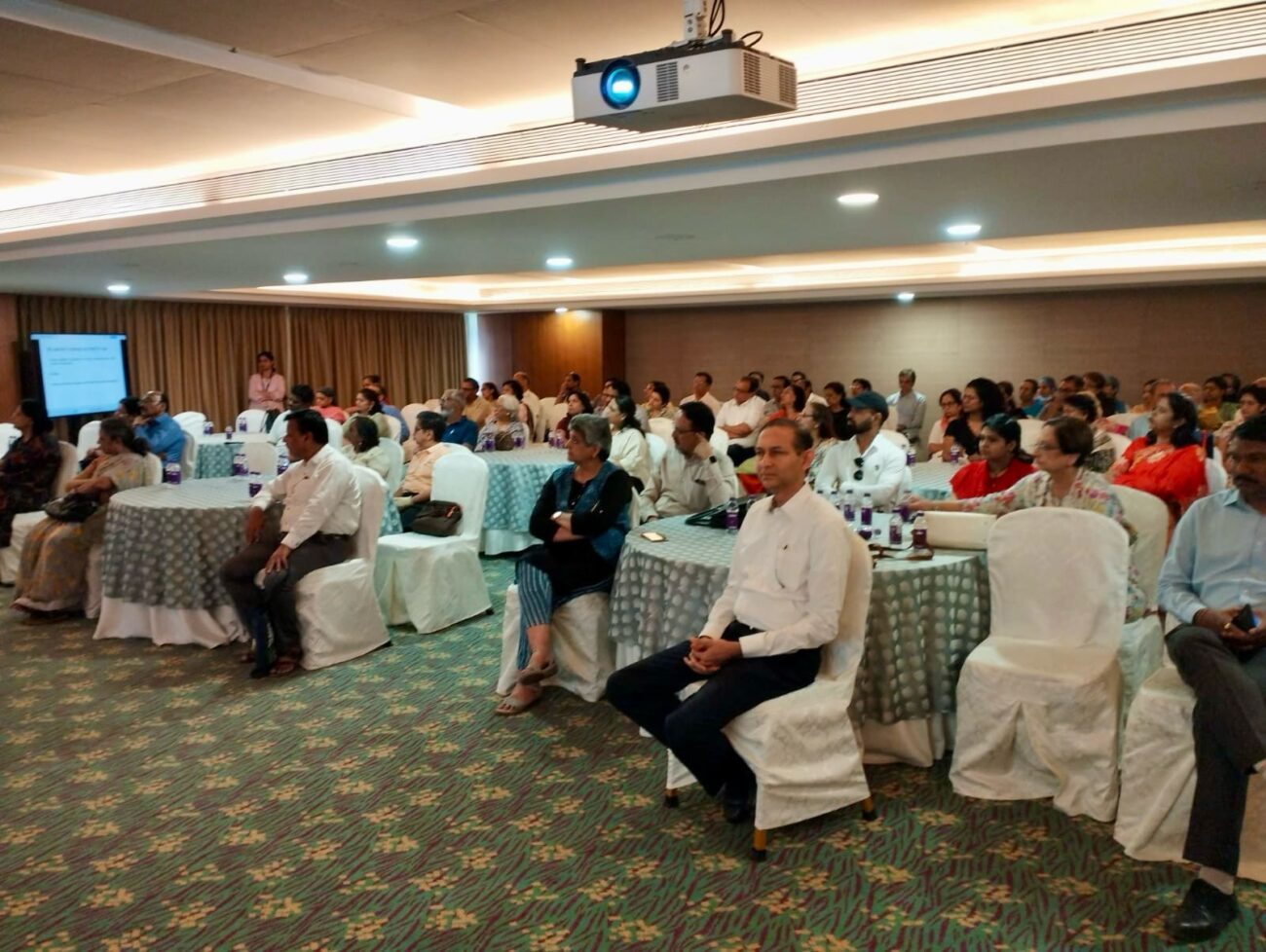High dose chloroquine disphosphate safety concerns must be addressed before deciding COVID-19 efficacy, says GlobalData
Preliminary results for the Phase II study for high dose chloroquine disphosphate (CQ) for COVID-19 patients showed hazardous side effects of a QTc prolongation, resulting in the high dose arm being halted. However, results for
Preliminary results for the Phase II study for high dose chloroquine disphosphate (CQ) for COVID-19 patients showed hazardous side effects of a QTc prolongation, resulting in the high dose arm being halted. However, results for low dose CQ are still pending and enrolment is still continuing, therefore a full set of Phase II results is required to identify potential efficacy in the low dose CQ arm for COVID-19 patients, says GlobalData, a leading data and analytics company.
The desired 440-patient randomized, double-blinded Phase II study by Fundação de Medicina Tropical Dr. Heitor Vieira Dourado, Manaus, Brazil had patients taking high CQ for 10 days. However, only 81 patients have thus far been recruited for both arms, therefore, the limited population size does not provide adequate results for high dose CQ to be a safe drug for COVID-19 patients. Due to CQ not being recommended for COVID-19 at a national level, the data of this study was compared to historical data from literature to establish comparisons on potential safety hazards.
The high dose arm identified prolonged QTc (25%) and a trend towards lethality (17%) than the lower dosage. In 14 patients with paired samples, respiratory secretions at day 14 were negative in only one patient. As a result, the high dose arm of the study was prematurely halted.
Arafa Salam, PhD, Infectious Diseases Analyst at GlobalData, comments: “The preliminary data of this Phase II study suggests that high dose CQ is not to be used further for COVID-19 patients due to the QTc prolongation and this can be fatal as it can cause sudden death due to erratic heartbeats. CQ is an older treatment for malaria and is currently being heavily debated for its potential use in the coronavirus outbreak. This study suggests that high dose CQ does not meet safety standards for treating COVID-19.
“There needs to be a treatment for COVID-19 with no side effects such as QTc prolongation as the majority of COVID-19 patients already have a comorbidity, therefore such an effect can be lethal. Although enrolment for high dose CQ arm was halted due to the effects, the results for the low dose have not yet been published and so it may be safe and efficacious; however, more patients need to be enrolled for this arm in order to show significance as only 81 patients were recruited for both the high and low dose arm out of a desired 440. Until the full set of results for low dose CQ is published, one cannot be sure that this drug is efficacious for COVID-19.
“However, the preliminary results have identified that high dose is not to be used. If found efficacious, this would be a breakthrough for COVID-19 treatment. The drug has been widely used already, therefore it would be cheaper compared to a brand new therapy for coronavirus. The drug will potentially having significant economic benefits as not all regions can have afforded premium-priced agents.”





